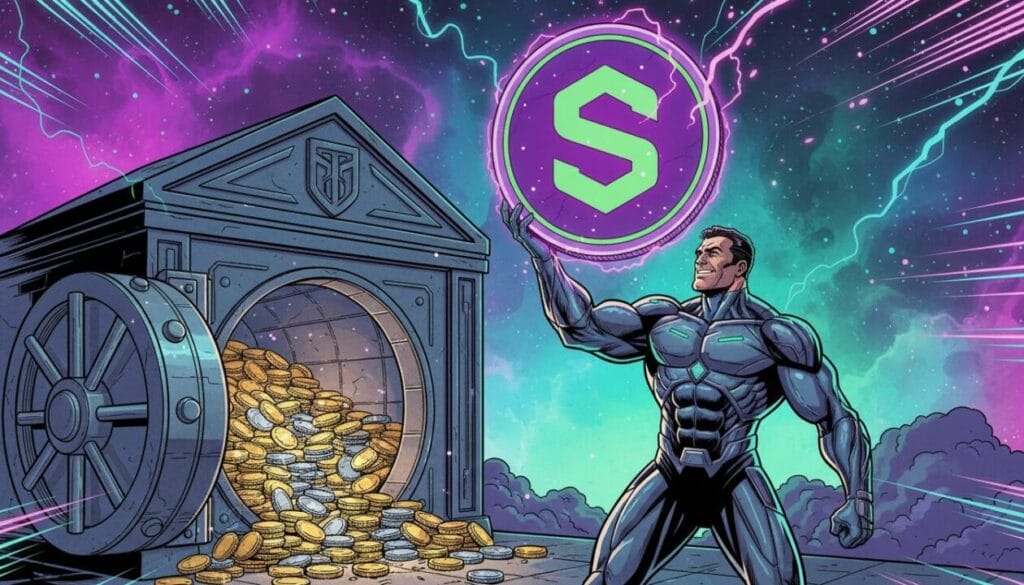Western Union and Anchorage Digital to Launch Regulated Stablecoin on Solana

Global payments giant Western Union is partnering with Anchorage Digital Bank, the first federally regulated crypto bank in the United States, to introduce a new stablecoin. The U.S. Dollar Payment Token (USDPT) is designed to bring faster and cheaper payments to Western Union’s vast international network.
A New Standard for Regulated Digital Payments
This collaboration marks a significant step in merging traditional finance with regulated digital assets. The new stablecoin will operate on the Solana blockchain, chosen for its high throughput and low transaction costs, which are essential for global payment systems. Anchorage Digital will serve as the federally regulated issuer, minting and redeeming USDPT under U.S. federal oversight to ensure the highest standards of compliance.
The partnership positions the stablecoin for broad institutional use by building on a foundation of regulatory security. Anchorage Digital’s platform will manage the issuance, custody, settlement, and treasury for the asset. Nathan McCauley, CEO of Anchorage Digital, noted that the initiative demonstrates a clear path forward for money movement. He explained that by joining forces with Western Union and building on Solana, they are showing how regulated stablecoins can power more inclusive global payments.
Leveraging Solana for Global Scale
The choice of Solana’s scalable infrastructure highlights the network’s capacity to handle high-volume, institutional-grade applications. By integrating the stablecoin into Western Union’s network of over 550,000 agent locations in more than 150 countries, the benefits of digital dollars can reach nearly every corner of the globe.
Devin McGranahan, CEO of Western Union, stated that the partnership allows the company to take a meaningful step toward faster and more efficient payments for its customers. Sheraz Shere, head of payments at Solana, added that the launch of USDPT shows how high-performance blockchain technology and regulatory compliance can work together to transform global finance. He believes the decision underscores that the future of borderless money movement will be powered by open, high-performance networks.








